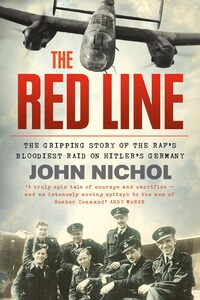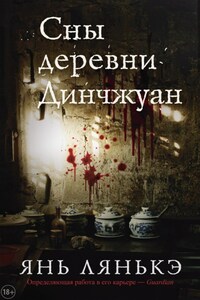‘In Bomber Command we had to lay on and, more often than not, carry through, at least one and occasionally more than one major battle every twenty-four hours. That was a situation which no naval or military command has ever had to compete with. Navies fight two or three major battles per war. Armies, maybe a dozen. We had to lay on, during my three and a half years, well over a thousand.’
SIR ARTHUR HARRIS
They had waited 67 years and journeyed from every far-flung corner of the world for this day. A lifetime ago, young and idealistic, they had come together to battle against the Nazi scourge which threatened to engulf their homelands. Once sprightly, upright figures were now stooped by age or confined to wheelchairs, but medals were polished to perfection and trousers pressed to a razor-sharp crease, and nothing would prevent them from gathering to witness the closing chapter in their extraordinary and controversial story.
The sun shone down on London’s Green Park on 28 June 2012 as more than 800 Royal Air Force veterans paraded to witness the unveiling of the Bomber Command Memorial – their memorial. Some came from as far away as New Zealand, Canada and Australia, some just a few minutes’ bus-ride from nearby suburbs of the British capital. They were joined by widows, families, celebrities, political leaders and royalty. I was incredibly proud to be part of their day.
My association with the men of Bomber Command began in 1991. As a young Tornado navigator, I had been shot down over Iraq during the first Gulf War, captured, tortured and paraded on television screens around the world. My short but deeply unpleasant experience of captivity entitled me to join the RAF Ex-Prisoner of War Association.
Until that point, I had known little about my forebears who had flown the early bombers into the heart of German-occupied Europe during the darkest days of the Second World War. I’d watched the classic films like The Dambusters and The Great Escape, of course. I’d met veterans at various military functions, chatted politely and listened to the occasional war story. But I’m ashamed to admit I hadn’t got to know these men; I understood little of their personal stories, their astonishing sacrifice and their incredible bravery.
Now I was able to join their illustrious gatherings – some raucous, laughter- and beer-filled, some poignant and sombre, when awe-inspiring stories of survival brought the occasional tear at the memory of lost friends, or moments of stillness at the recollection of life-threatening danger. Men like Lancaster navigator Harry Evans invited me into their homes to ‘share a brew’ and talk about wartime memories. Harry was just 18 when he joined up. ‘I’d seen the fighter pilots in the skies over London and wanted to be part of it all; it looked so exciting. I wanted to be one of those Brylcreem Boys who were fighting back against the Germans.’ He got his wish – and went on to be part of one of the most deadly chapters in aviation history.
Over the years, their reunions have become fewer and the numbers attending have diminished to the point where many Second World War old-comrade associations have now disbanded. At last year’s Remembrance Ceremony, only four surviving WWII prisoners-of-war managed to join us on parade at London’s Cenotaph. The eldest, Alfie Fripp, shot down in 1939, died on 3 January this year, aged 98. And so it was with a mixture of pride, pleasure and sorrow that I took my seat amidst the crowd of nearly 7,000, gathered around the memorial to honour and remember a truly extraordinary group of people.
I chatted with Lancaster pilot Rusty Waughman, who had come down from Coventry, the scene of a massive German blitz. Alongside his navigator, Alec Cowan, and bomb aimer, Norman Westby, who had travelled from Andorra in the Pyrenees, they relived experiences few could comprehend. Rusty spoke for so many when he told me, ‘We have waited a long time for this … The memorial is not a celebration of our work, it is recognition of the sacrifice so many of our friends made. We are proud to have been part of it all, to have made just a small contribution towards winning the war. I wasn’t an educated lad with a brilliant mind. You just did your job to the best of your ability. Luck played the major part in it really. We knew so many who were lost.’








